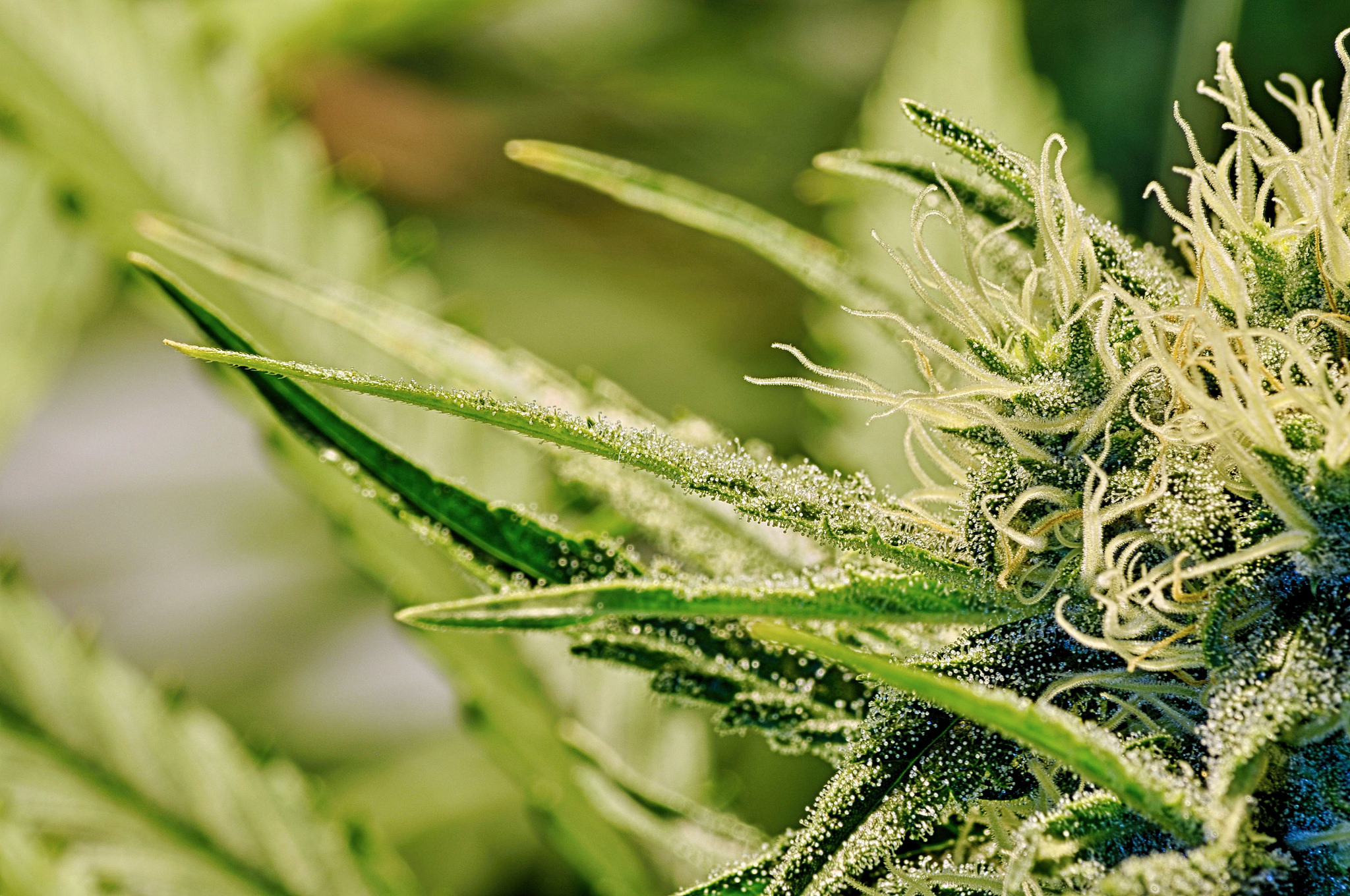Originally published at MintPress News.
MINNEAPOLIS– Keith Stroup, founder of the National Organization for the Reform of Marijuana Laws, or NORML, noted in an Oct. 30 article for Alternet that a majority of Americans support marijuana legalization. Quoting a recent Gallup poll, he reported:
Among those poll respondents age 18 to 34, 71 percent endorse legalization. Among respondents age 35 to 49 years of age, 64 percent support legalizing marijuana. Among those age 65 and up, support fell to 35 percent, but this too reflected a sharp increase in support.
Of the 23 states which offer some form of access to medical marijuana, four states plus the District of Columbia have legalized cannabis for recreational use.
Earlier this month, medical marijuana sales kicked off in Illinois with the opening of the state’s first eight dispensaries. According to The Chicago Sun-Times, sales of medical marijuana reached $210,000 in the first week. Josh McGee, a reporter for DNAinfo.com Chicago, interviewed Sue Cook, a “budtender,” or legal marijuana seller, on Nov. 15 at one of the city’s first dispensaries: “It’s been nonstop since noon, some people from the neighborhood and a lot of people have just been waiting to sign up.”
Colorado’s legalization efforts have become so successful that tax revenue for marijuana outpaced tax revenue from liquor sales in fiscal year 2014. Washington state also successfully legalized marijuana in 2012. Last week, the Olympian reported that the industry is growing so rapidly that almost 1,000 businesses are applying for retail marijuana licenses, while farmers are chafing against that state’s restrictions on new cannabis growing licenses, which are relatively restrictive compared to Colorado law.
There are even signs of change in states which have traditionally been seen as hostile to legalization efforts. During the 2015 legislative session, Texas made landmark efforts toward reforming its drug laws, with a bill to end marijuana prohibition passing a house committee in May. Although efforts to pass the bill ultimately stalled, the state did vote to offer limited access to CBD oil, a cannabis derivative which shows promise for relieving some forms of otherwise untreatable epilepsy.
“[W]e have seen promising results from CBD oil testing and with the passage of this legislation, there is now hope for thousands of families who deal with the effects of intractable epilepsy every day,” wrote Texas Gov. Greg Abbott in a statement after signing the medical CBD oil bill into law in June.
A total of 15 states now offer medical access to CBD oil, which is showing increased support from Republican legislators in part because it offers well-documented medicinal benefits without any recreational side effects.
After a recent defeat in Ohio, advocates for marijuana policy reform are setting their sights on the 2016 election. Christopher Ingraham, writing for the Washington Post’s Wonkblog, reported that a dozen states could consider recreational marijuana ballot initiatives in the next election, with an additional five states potentially set to consider medical marijuana laws. “Two other states, Rhode Island and Vermont, may become the first to legalize recreational marijuana via legislative action, rather than popular vote,” Ingraham noted.
